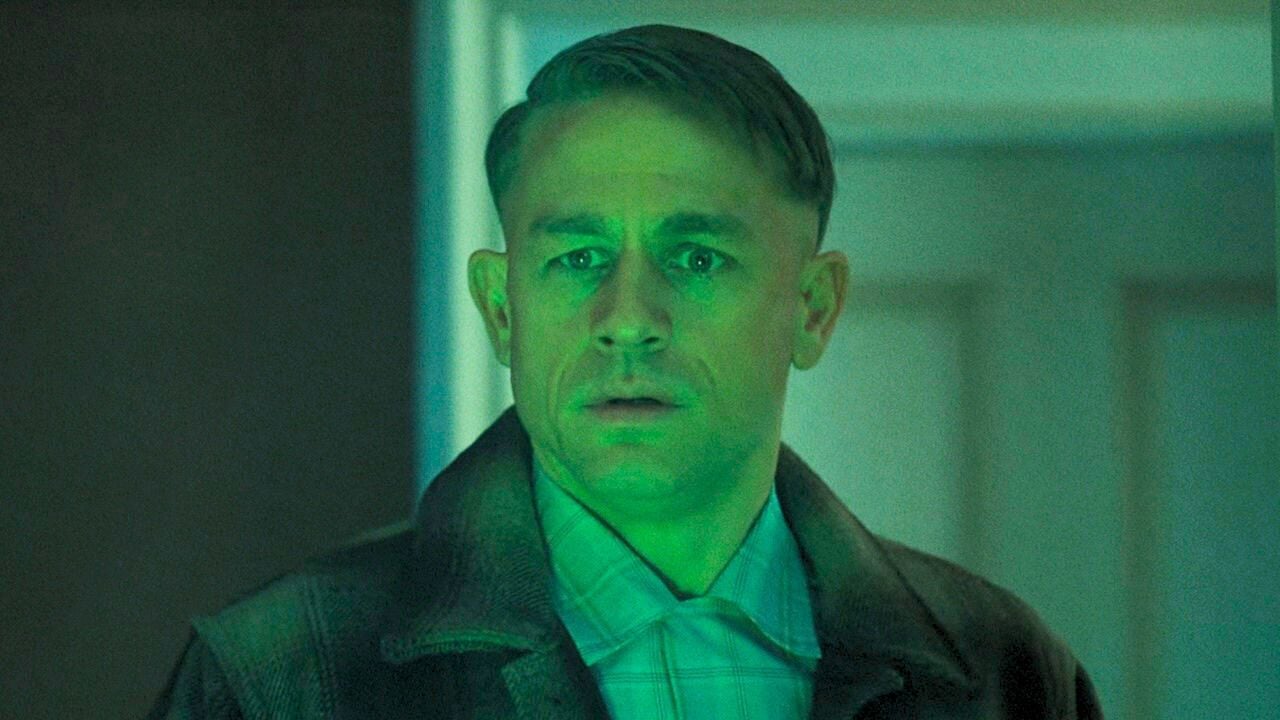The awards ceremony is scheduled, like every year, on 10 December, the anniversary of Alfred Nobel’s death.
The Royal Swedish Academy of Sciences announces the winners of the on Monday 8th Nobel Prize for Economics – whose official name, in fact, is the Prize for Economic Sciences in memory of the Sveriges Riksbank Alfred Nobel.
The prize is not among the original fields of the prize created by Alfred Nobel – the inventor of dynamite – in his will: chemistry, physics, medicine, literature and peace, which have been awarded since 1901. The prize for economists was created in 1968 by the Swedish Central Bank (Sveriges Riksbank). The choice of recipients, however, is also made by the Swedish Academy of Sciences, following the same principles established for the original Nobel Prize.
Last year the winners were The Americans Daron Acemoglu (born in Türkiye) and Simon Johnson, both from the Massachusetts Institute of Technology (MIT), and the English-American James Robinson, from the University of Chicago. They received the award for their research on how institutions shape countries becoming rich and prosperous.
In addition to the medal and diploma, each winner takes home a significant sum of money: 11 million Swedish kronor (approximately R$6.2 million).
The awards ceremony is scheduled for December 10th, like every year, the anniversary of the death of Alfred Nobel (1833-1896).
This is the last of the Nobel Prizes awarded this year. The winners in the other sectors were:
- Medicinal
Mary Brunkow (USA), Fred Ramsdell (USA) and Shimon Sakaguch (Japan)for his studies on peripheral immunological tolerance, which paved the way for new treatments against autoimmune diseases and cancer.
- Physicist
John Clarke (UK), Michel H. Devoret (France) and John M. Martinis (USA)for work that pioneered the revolution in quantum technology, including quantum computers and sensors.
- Chemical
Susumu Kitagawa (Japan), Richard Robson (UK) and Omar M. Yaghi (Jordan)by the development of metal-organic (or organometallic) structures that allowed “molecular constructions with large spaces through which gases and other chemicals could be captured and stored.”
- Literature
László Krasznahorkai (Hungary)author of more than 20 books, “for his compelling and visionary work which, in the midst of apocalyptic terror, reaffirms the power of art”, according to the Nobel committee.
- Peace
María Corina Machado (Venezuela)“for his tireless work in promoting the democratic rights of the Venezuelan people and for his struggle to achieve a just and peaceful transition from dictatorship to democracy.”
Source: Terra
Rose James is a Gossipify movie and series reviewer known for her in-depth analysis and unique perspective on the latest releases. With a background in film studies, she provides engaging and informative reviews, and keeps readers up to date with industry trends and emerging talents.


![More beautiful life in advance: What awaits you on Tuesday 14, 2025 on Tuesday, October 14 in 441 episodes [SPOILERS] More beautiful life in advance: What awaits you on Tuesday 14, 2025 on Tuesday, October 14 in 441 episodes [SPOILERS]](https://fr.web.img5.acsta.net/img/6b/c3/6bc3aa68e4679ab288217fa4c5dc825e.jpg)


